To be clear, no food has the ability to kill cancer completely. However, there are many ‘cancer-fighting foods’ that can lower your risk of cancer. Most ‘cancer-fighting’ foods contain phytochemicals. These are chemicals found in plants that help prevent chronic diseases, like cancer. I’ve included a list of five of the top “cancer-fighting” foods, as well as three foods you should stay away from.
Berries
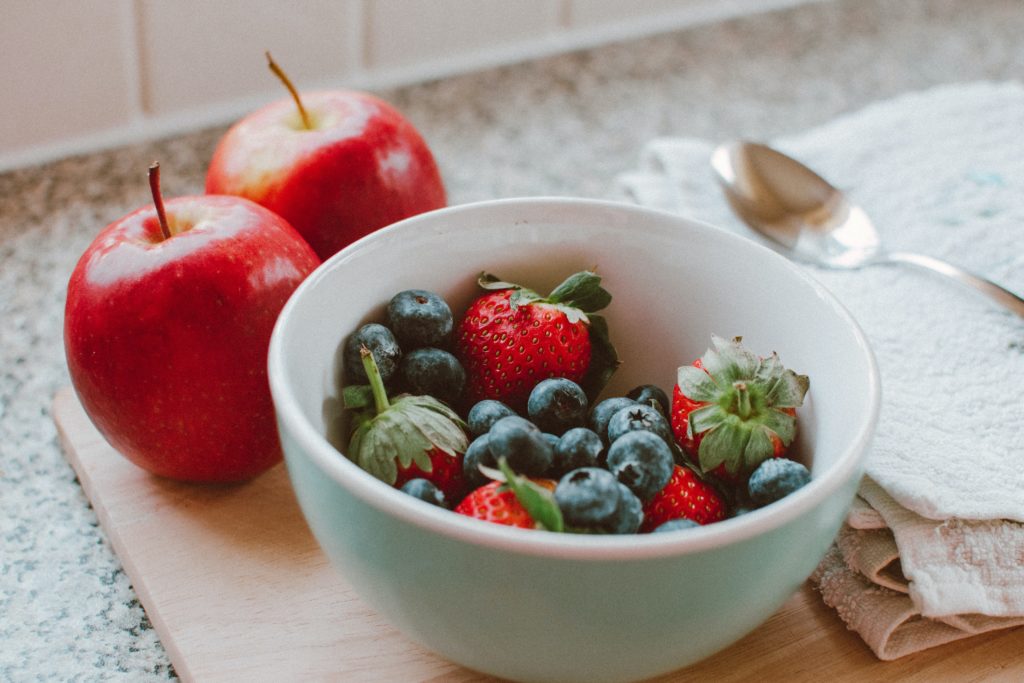
- Examples: Blueberries, blackberries, raspberries, strawberries
- Rich in vitamins C & K, minerals, dietary fiber, elegiac acid, antioxidants, polyphenols, and manganese.
- Cancers they fight: skin, bladder, lung, breast, esophageal.
- Studies show that blueberries can prevent the growth of breast cancer tumors. Another study showed that blackberries lowers the chance for colon cancer.
- Pro tips: berries are an easy addition to yogurt, smoothies, cereals, and are also perfect on the go!
Cruciferous Vegetables
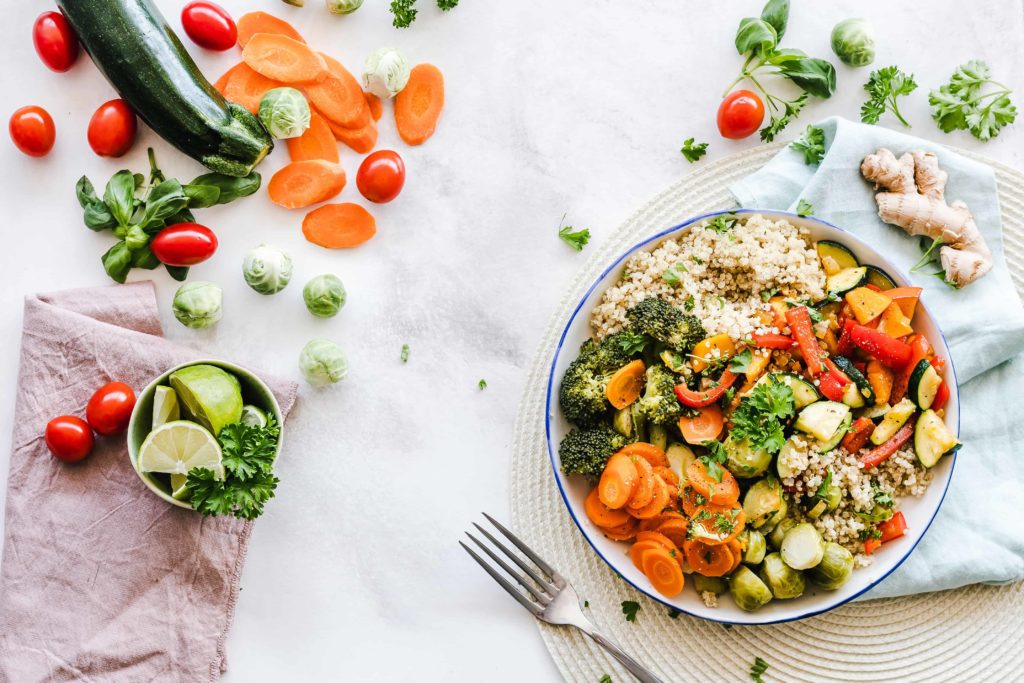
- Examples: broccoli, cauliflower, kale, cabbage, collards, brussel sprouts, rapini, and turnips.
- Contains vitamin C, vitamin K, manganese, selenium, and isothiocyanate.
- Keeps cancer away by helping rid the body of carcinogens.
- Cancers they fight: Stomach, breast, skin, mouth, pharynx, larynx, and esophageal.
- Encourages the body’s production of cancer-fighting enzymes.
- Studies show that sulforaphane (found in cruciferous vegetables) has anticancer properties and can significantly decrease cancer cell growth and can stimulate the death of colon cancer cells.
- Recommended servings: 3 to 5 servings of cruciferous vegetables per week.
- Pro tip: Make sure you chew your veggies slowly so that your body can digest all of the healthy nutrients.
- Make a salad! You can get your daily nutrients through a healthy salad with raw vegetables.
Carrots
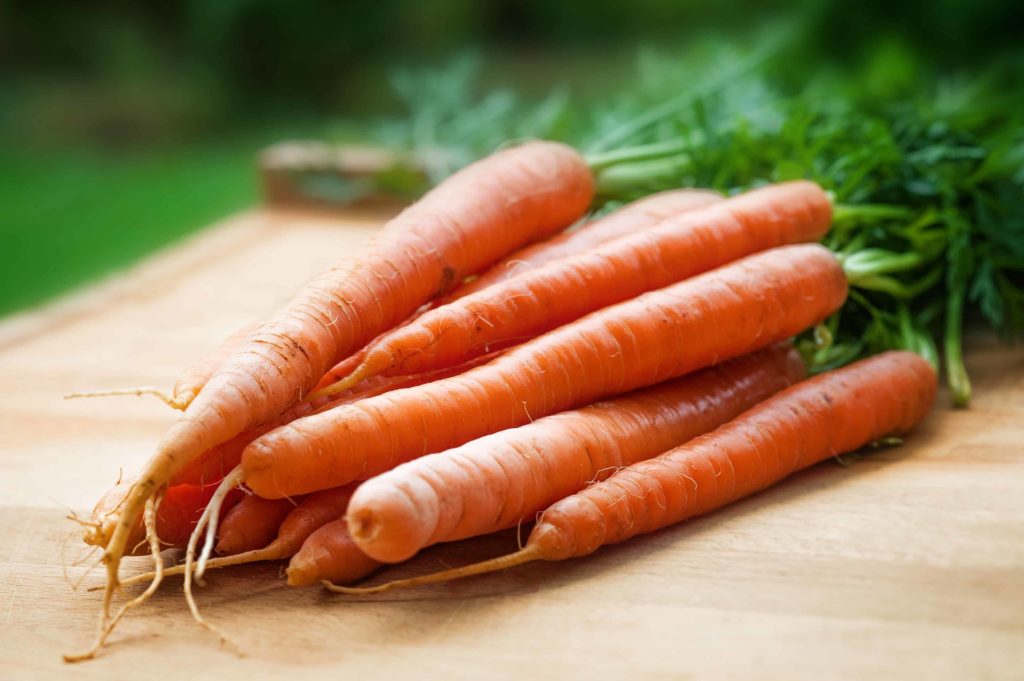
- Contains vitamin K, vitamin A, and antioxidants
- Studies show that beta-cartone (found in carrots) can lead to a reduction in risk for breast and prostate cancer.
- A higher consumption of carrots results in a 26% lower risk of developing stomach cancer.
- Pro tip: One carrot (or ½ cup chopped) provides 200% of your daily value of Vitamin A. Check out the immune boosting carrot based soup that is great for colder days!
Dark Green, Leafy Vegetables
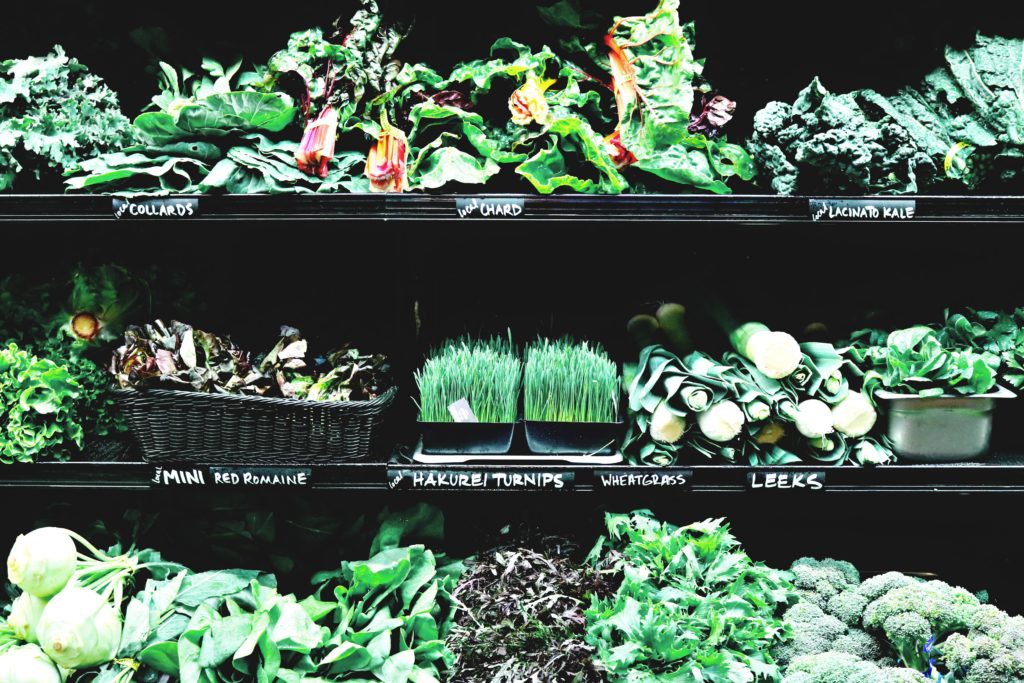
- Examples: chard, spinach, and beets
- Contains beta-carotene, lutein, zeaxanthin, sulfate, folate, carotenoids
- Helps fight: Breast, skin, lung, stomach, mouth, pharynx, and larynx cancers.
- Pro tip: Chard is extremely easy to grow at home!
- Pro tips: Leafy, green vegetables (like spinach) are an easy addition to omelets, salads or even smoothies where spinach may change the color of the smoothie but has no added taste!
Legumes
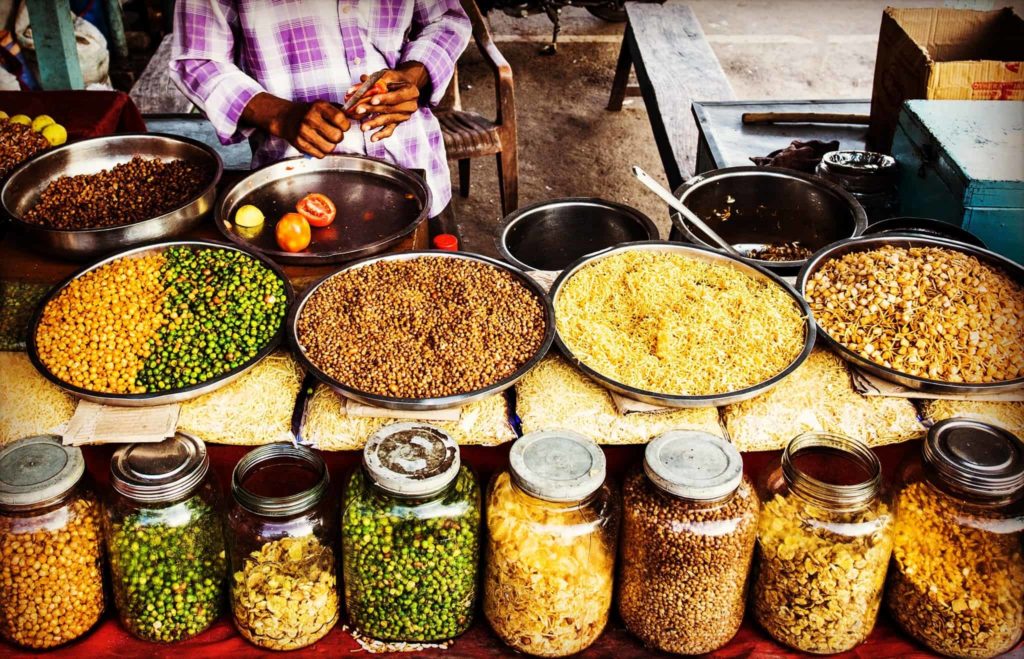
- Examples: beans, peas, and lentils.
- Contains phytochemical, antioxidants, saponins, and protease inhibitors.
- Helps fight: colon and stomach cancers
- Protects cells from free radicals (which cause cancer).
- Studies show an association between higher legume consumption and lower risk of colorectal cancer.
- People who eat diets high in bean fiber are 20% less likely to develop breast cancer than those who do not meet their daily fiber intake.
- Pro tip: Learn how to cook beans properly to consume it in its purest form (so no, I’m not talking about canned beans).
Stay Away From
There are certain foods that can actually increase your chance of cancer. Steer clear of these foods when you’re putting together your weekly grocery list!
Processed Meat
These include hot dogs, bacon and most meats found at the deli counter. Steer clear- these all have compounds that can cause cancer! The World Health Organization says that processed meat is classified as a carcinogen.
The article states,
Twenty-two experts from 10 countries reviewed more than 800 studies to reach their conclusions. They found that eating 50 grams of processed meat every day increased the risk of colorectal cancer by 18%. That’s the equivalent of about 4 strips of bacon or 1 hot dog. For red meat, there was evidence of increased risk of colorectal, pancreatic, and prostate cancer.
Red Meat
Red meat is OK when eaten sparingly. This means no more than 18 ounces of cooked red meat per week. Still craving meat? Healthier alternatives include lean chicken, fish, or plant-based protein. Here is an easy plant-based recipe you can try adding into your meal rotation! And here are tips on how to transition to a plant based diet.
Alcohol
The less alcohol, the better. However, it is nice to have a drink every now and again. As a rule, women should limit themselves to one drink per day, and men should limit their alcohol to two drinks a day, at most.
If you are considering making some changes to your lifestyle, remember drastic changes don’t necessarily always mean long-lasting changes. A good rule to live by is: everything in moderation.
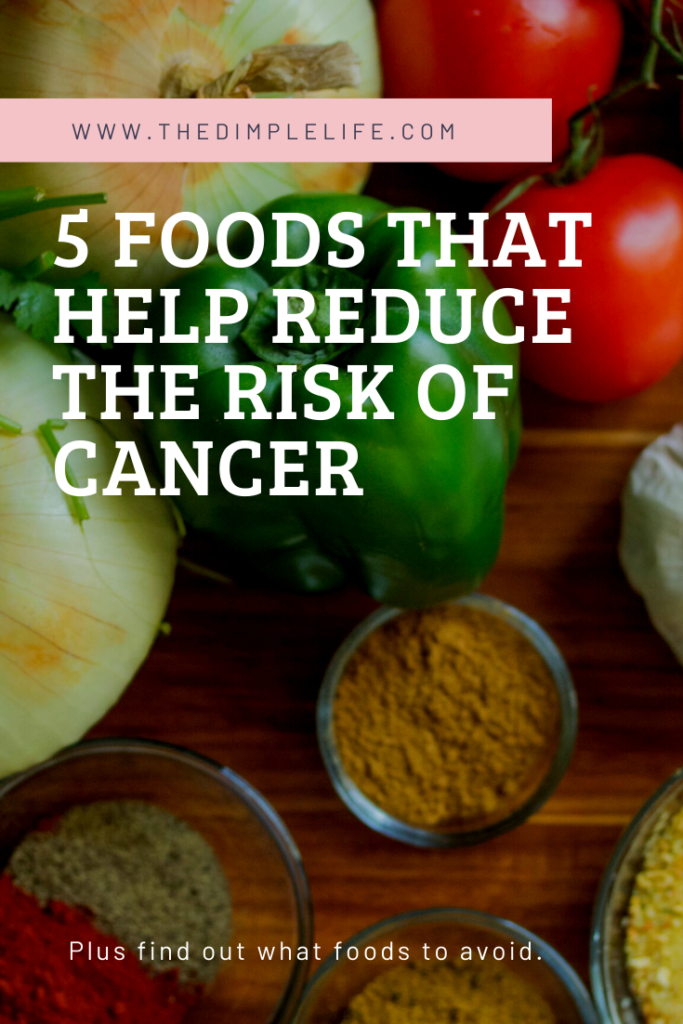

Kaitlin is a travel writer and marketing consultant. On any given day, you can find her surfing, reading, and/or on the eternal search for the cutest cafes (with tons of power sockets, of course).
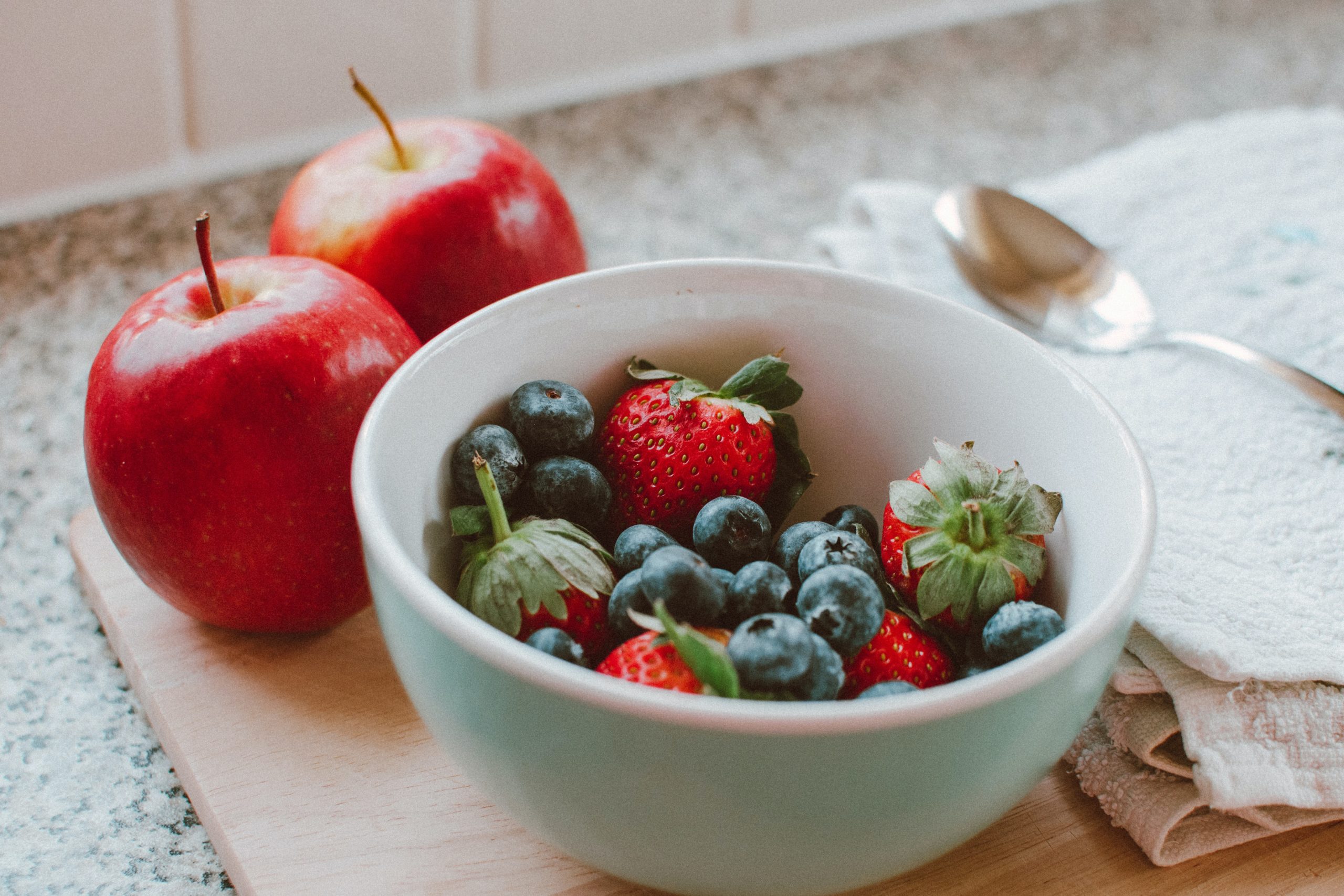















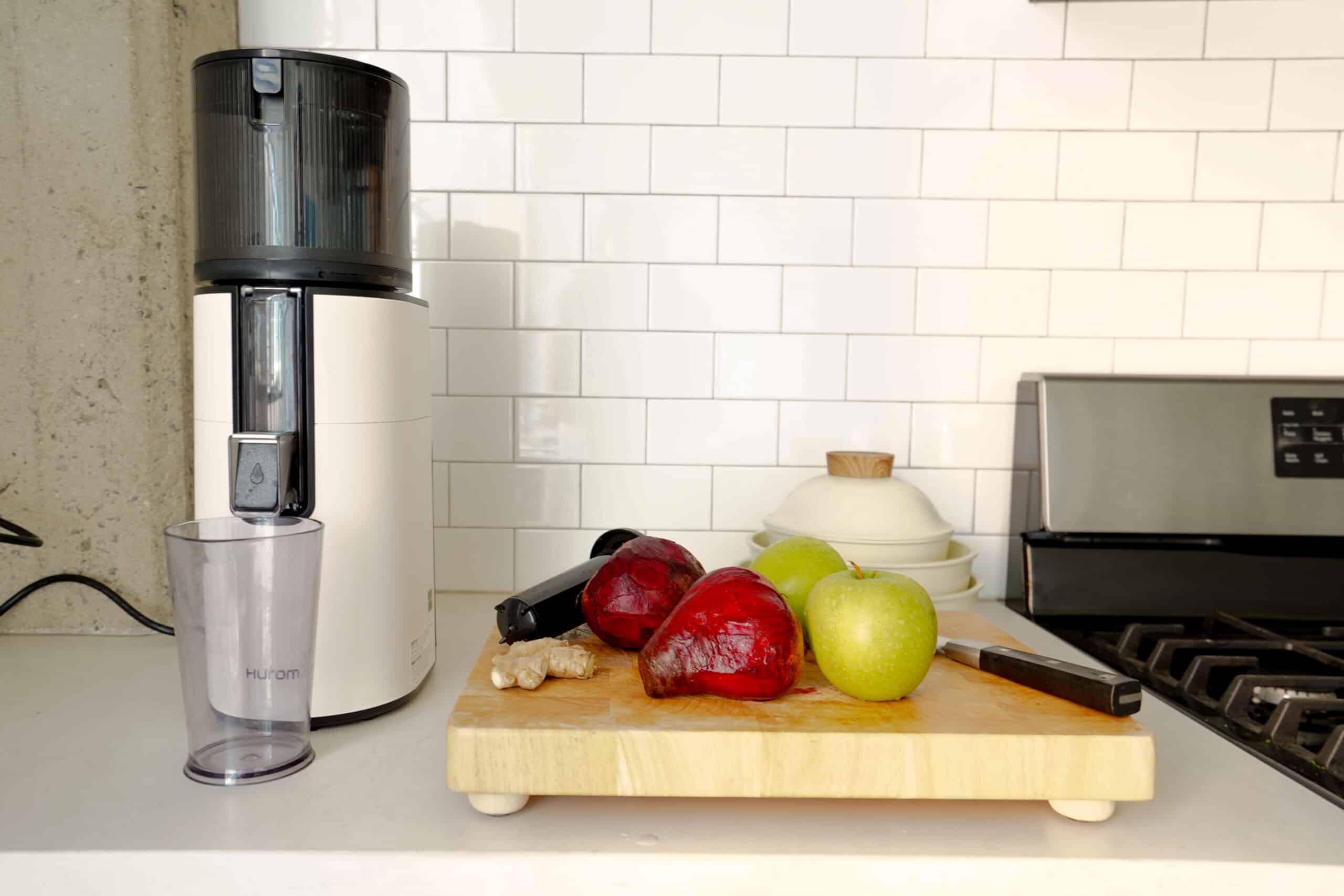
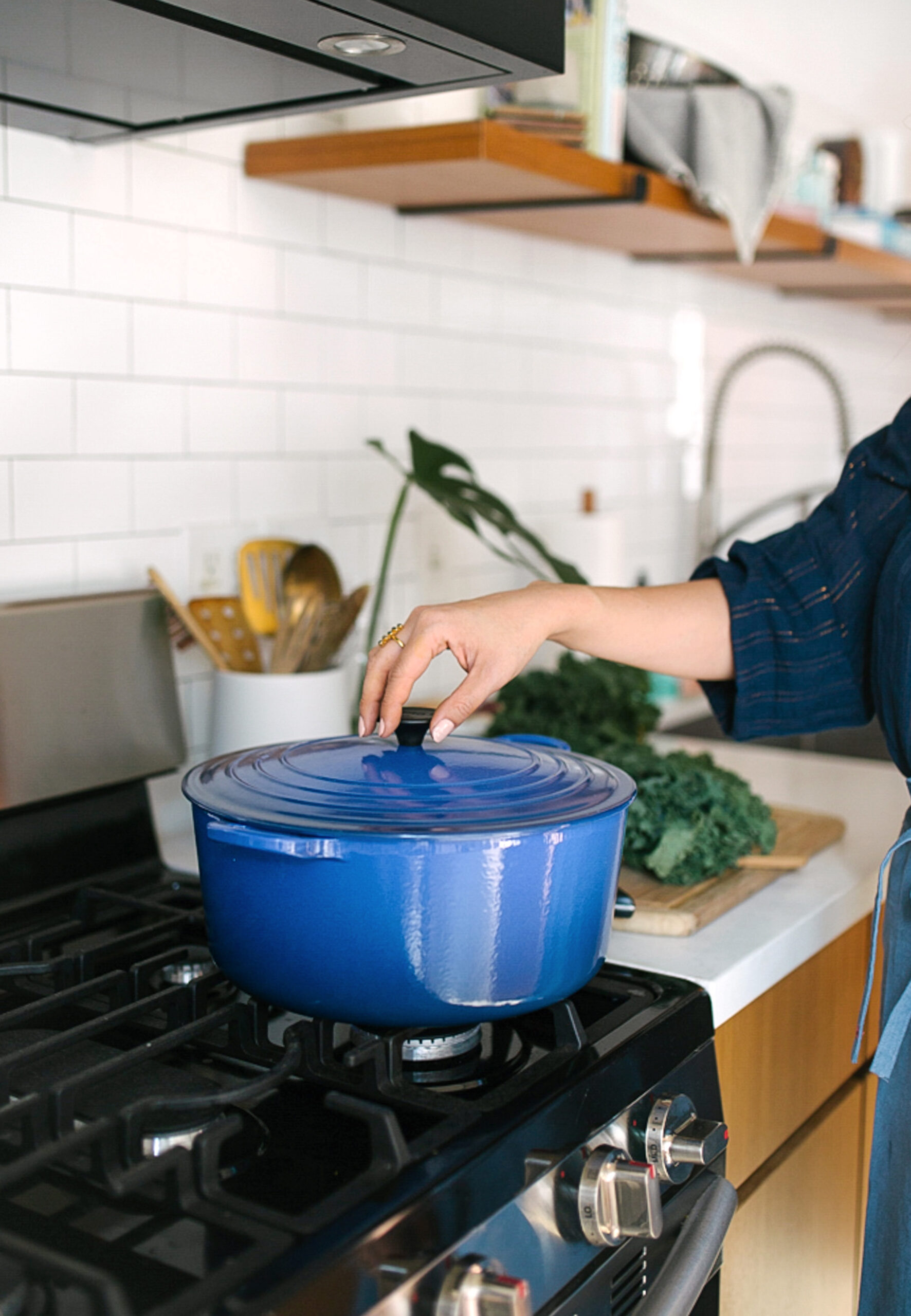







Hi Kaitlin,
Thank you for this. I was searching about this topic. And Got your article. I appreciate it . Bye bye
Of course, thanks for reading!